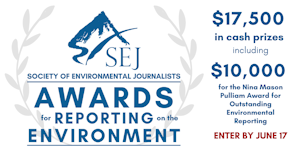What's The Best Way To Help Climate And People, Too? Home Improvement
"Workmen have invaded Flora Dillard's house on the east side of Cleveland. There's plastic over everything and no place to sit, but Dillard doesn't seem to mind. 'A couple of days of inconvenience is nothing, compared to the results that you get,' she says. She'll benefit, and so might the climate."














 Advertisement
Advertisement 



